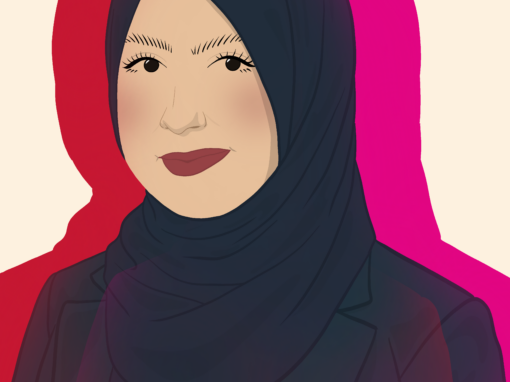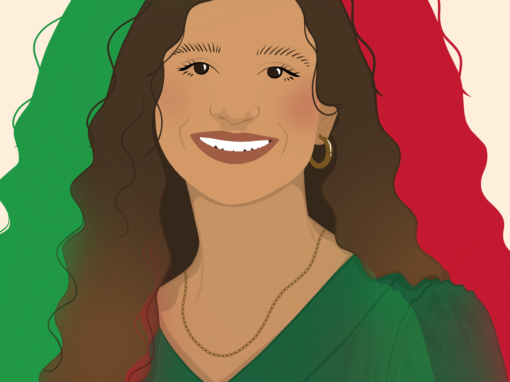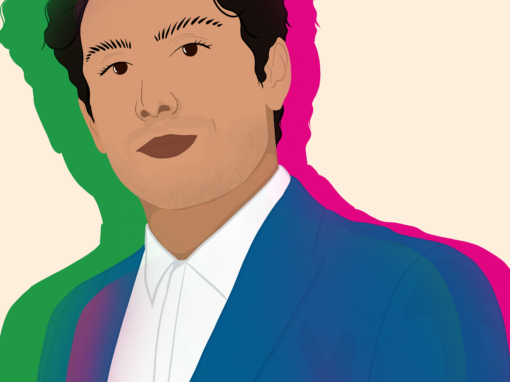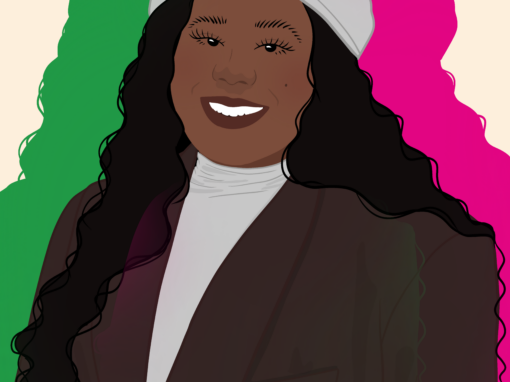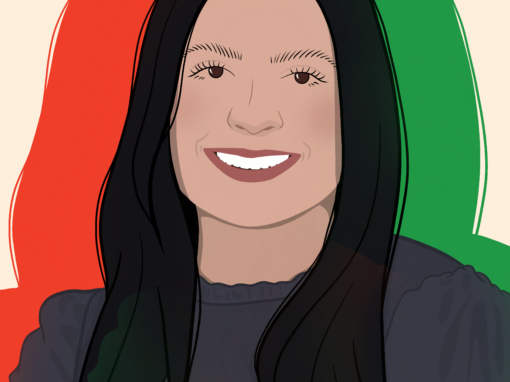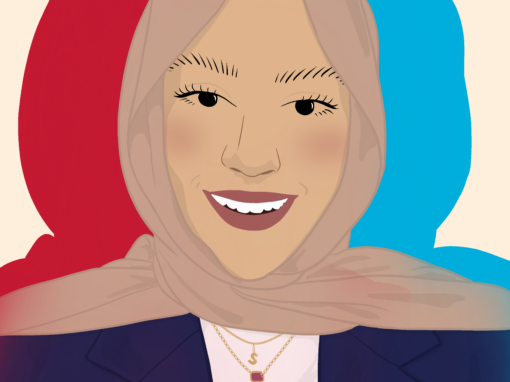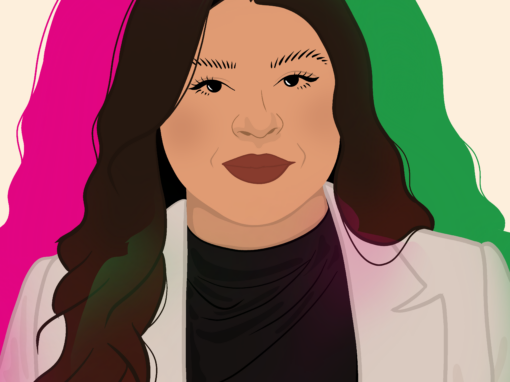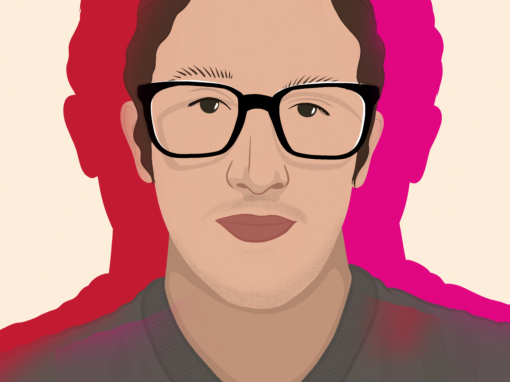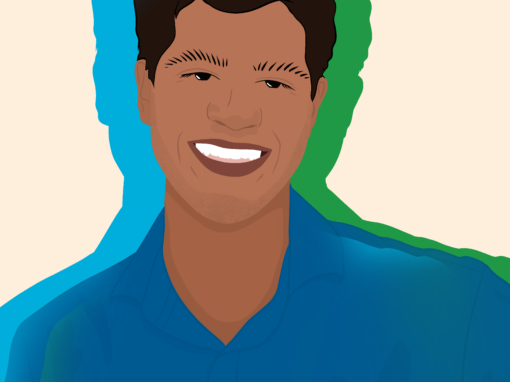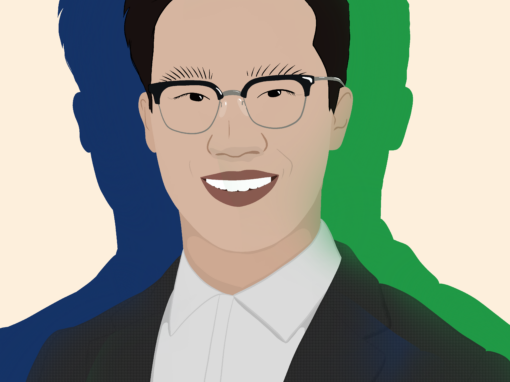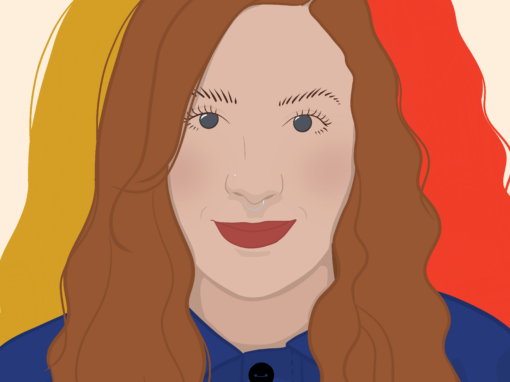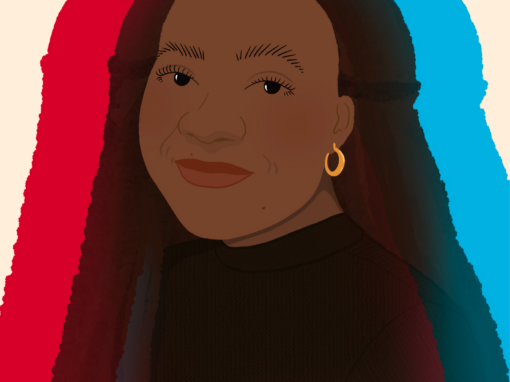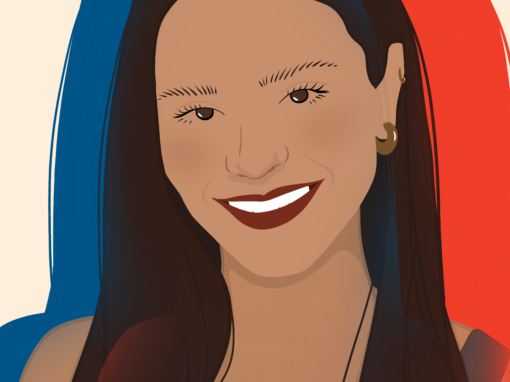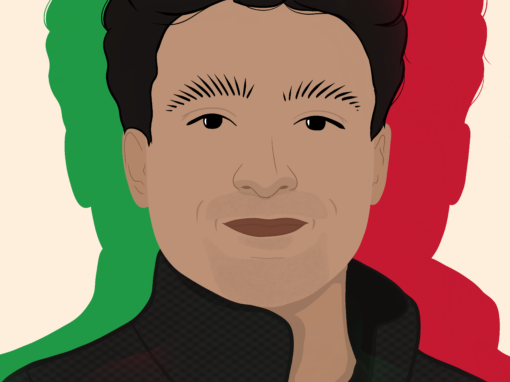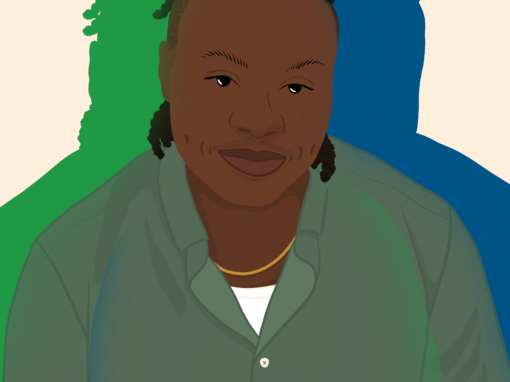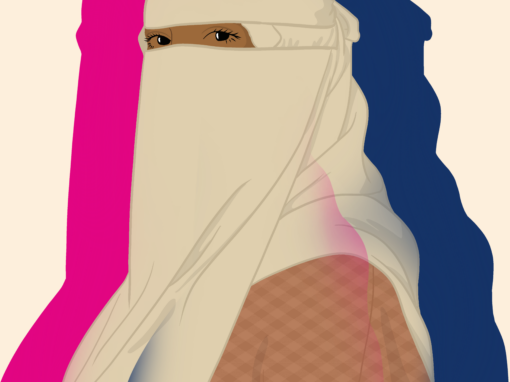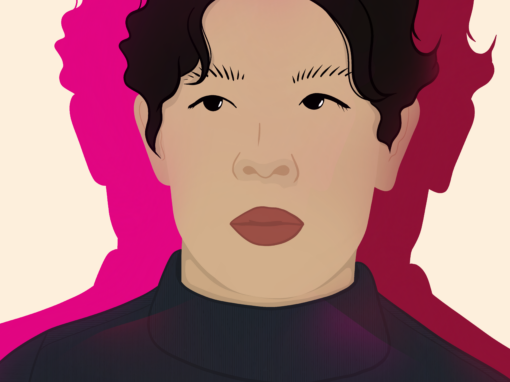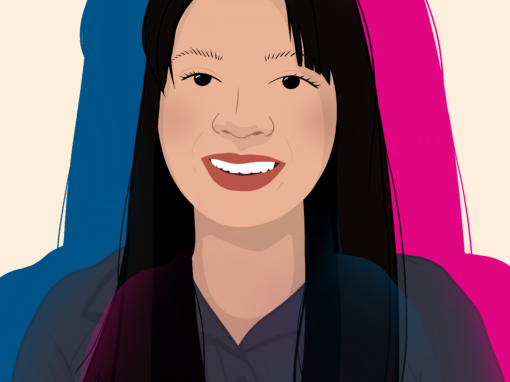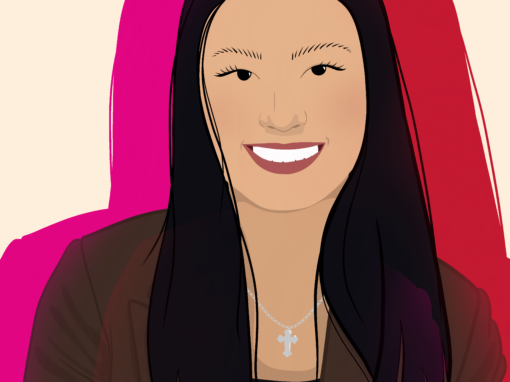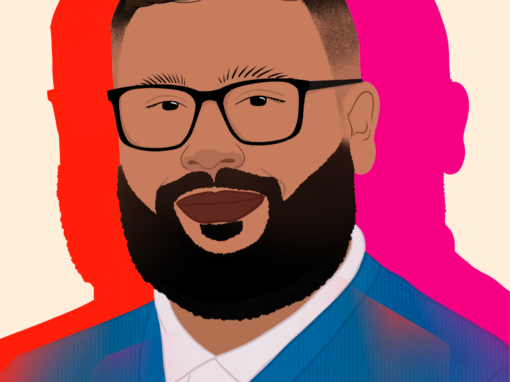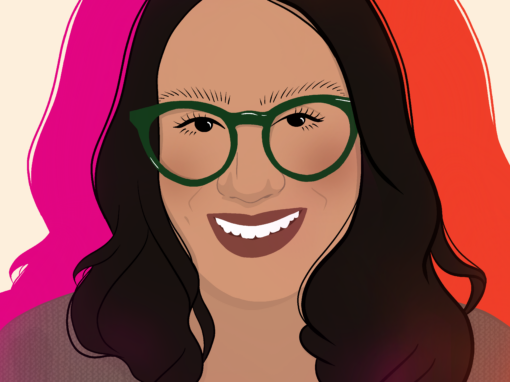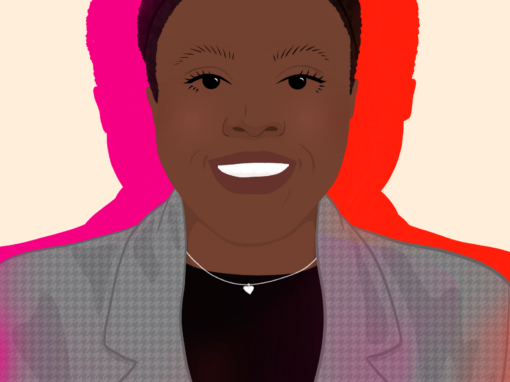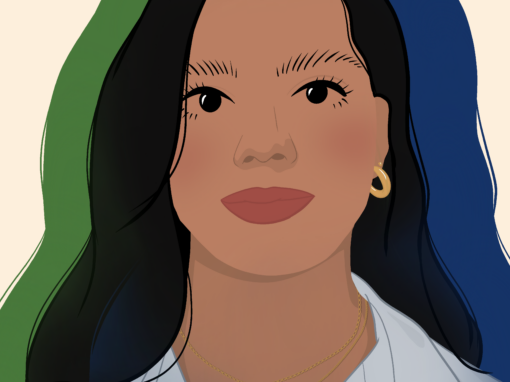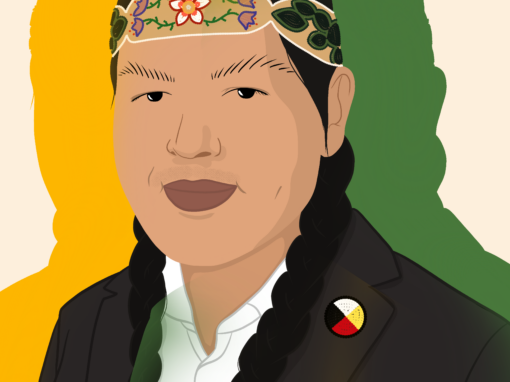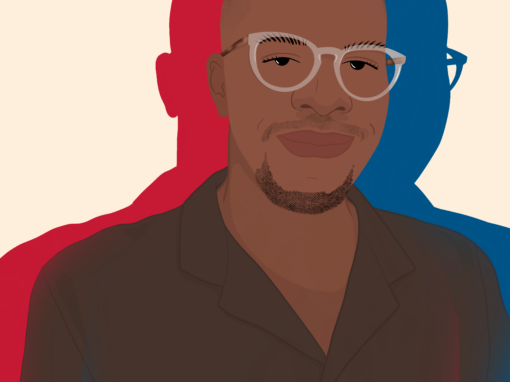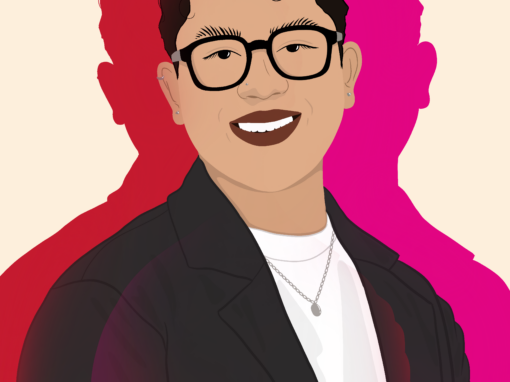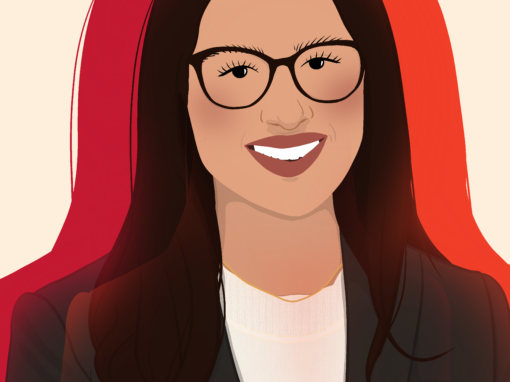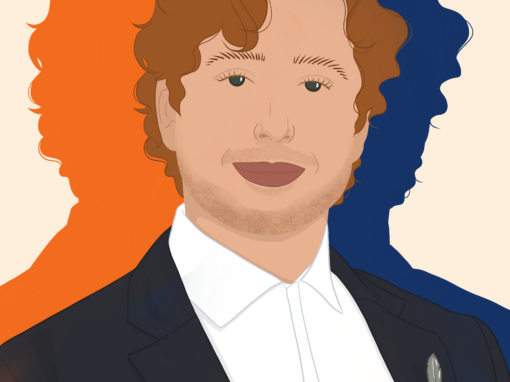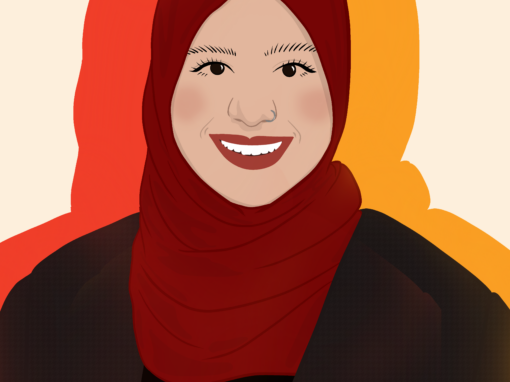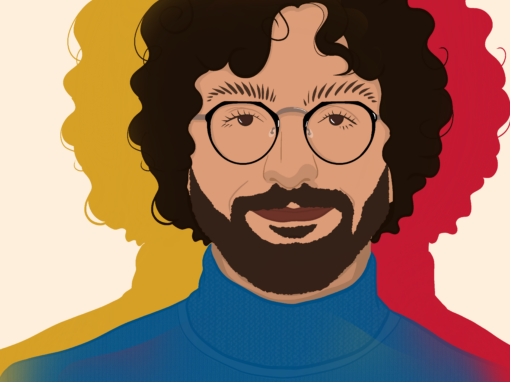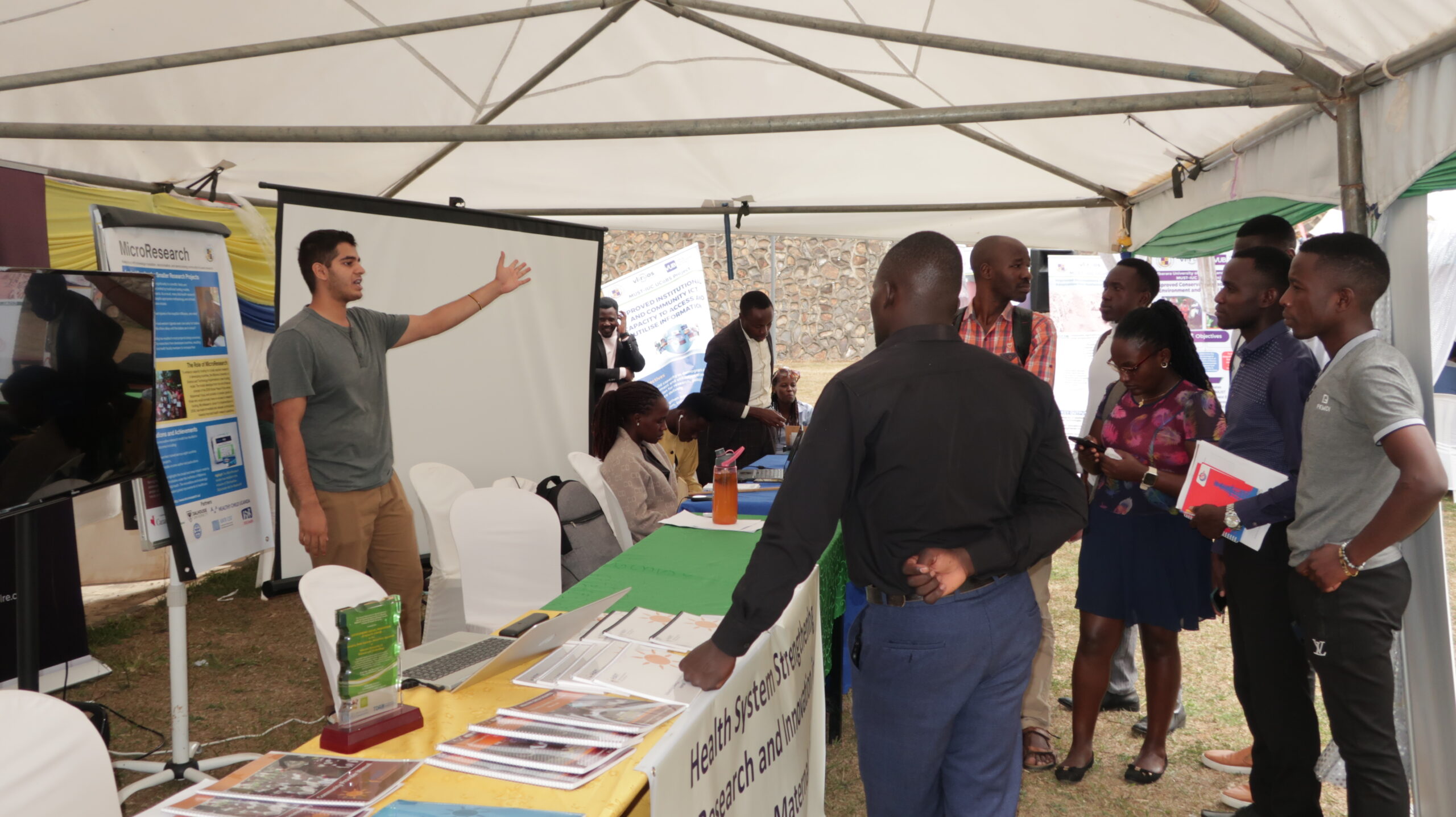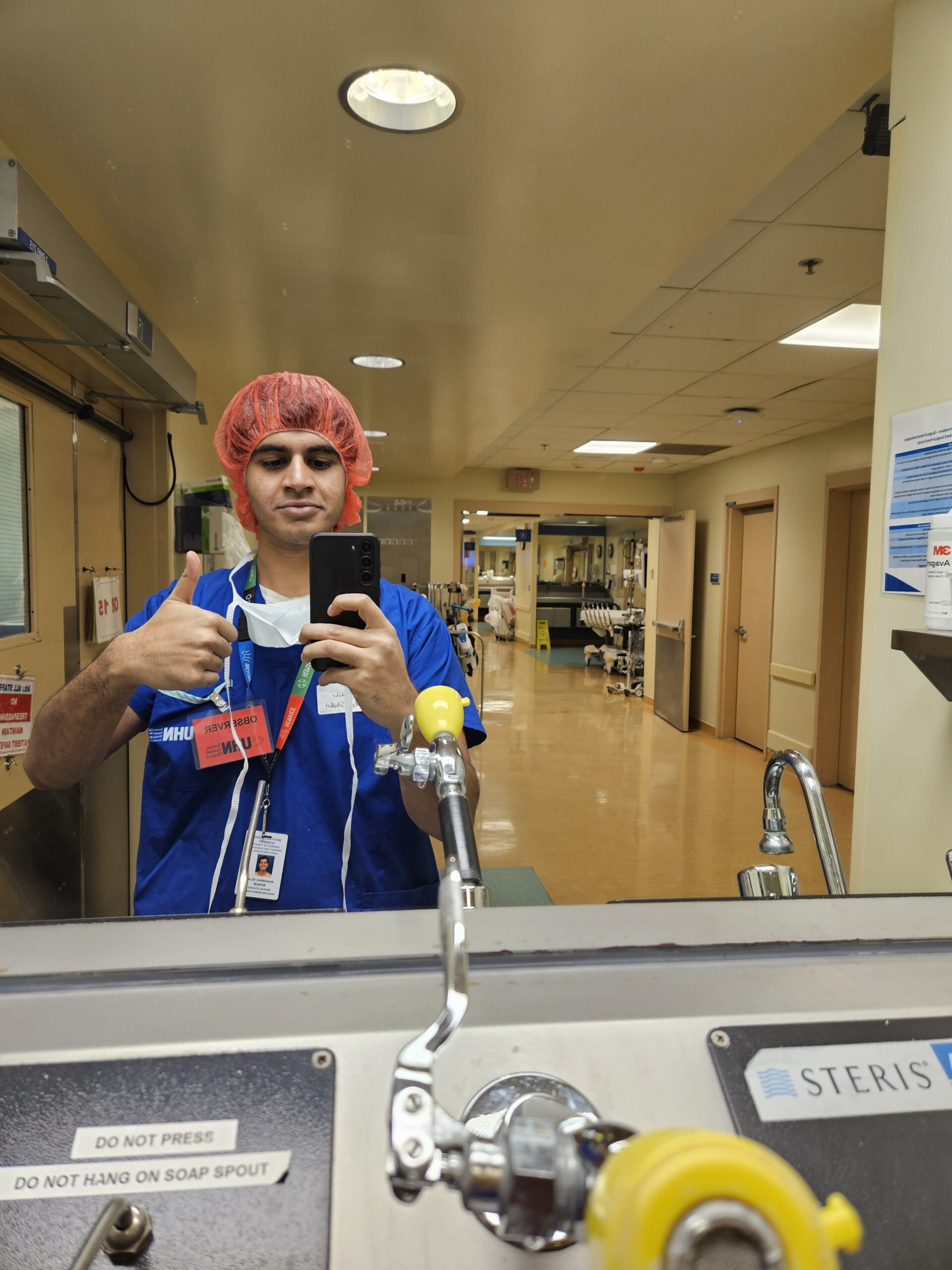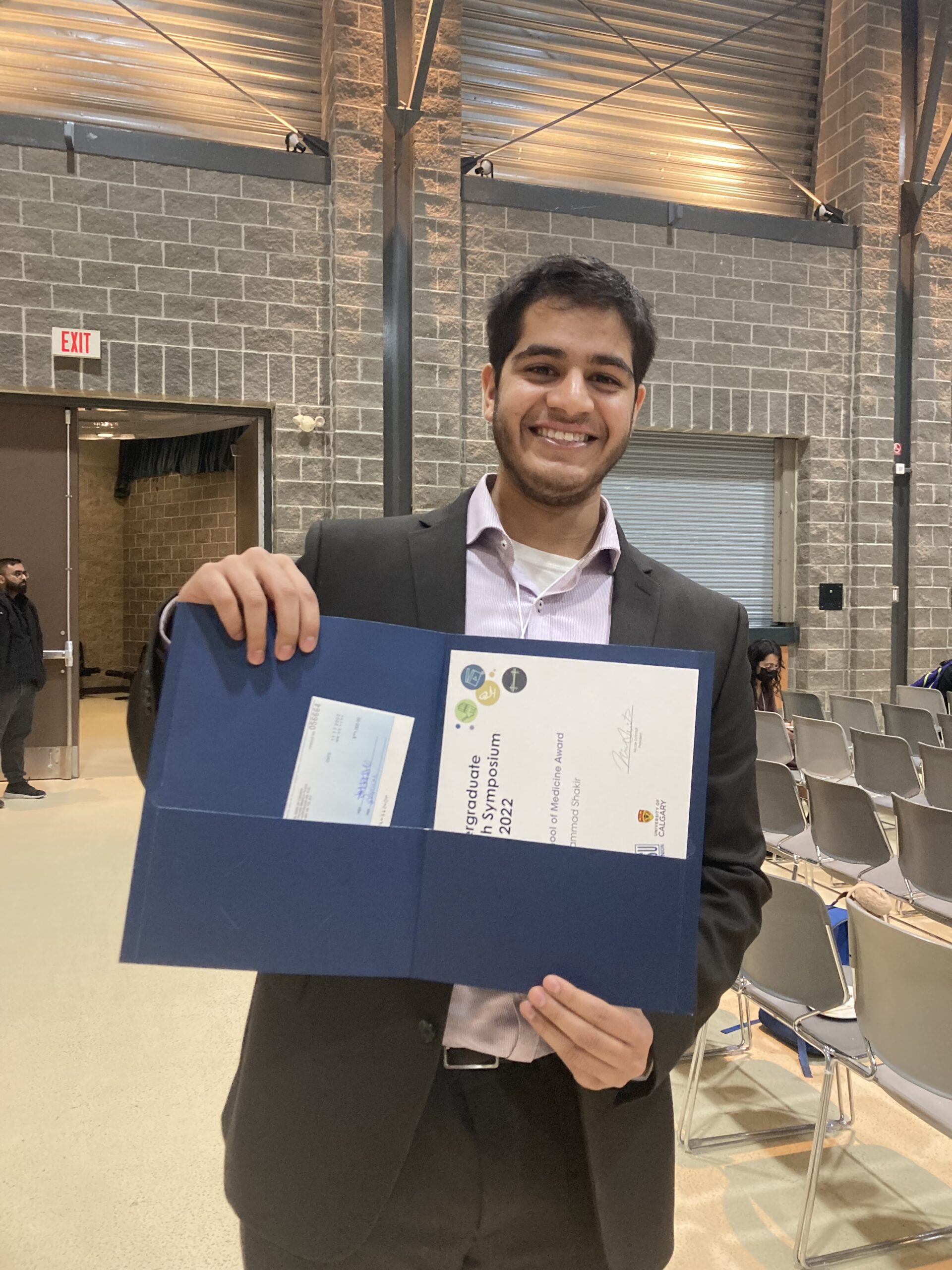“Fill your own cup, and allow the world to benefit from the overflow.”
Bilal Shakir
2025 Top 30 Under 30
About
AGE: 22
PRONOUNS: He/Him
HOMETOWN: Calgary, AB
CURRENT RESIDENCE: Toronto, ON
ORGANIZATIONS:
- University of Calgary
- University of Toronto Medical Society
- Growing Minds YYC
- Alberta Health Services
Sustainable Development Goals (SDGs)
I am most passionate about:
What specific issue(s) are you working to address, and what motivates you to do so?
I am focused on addressing systemic inequities in healthcare, education, and well-being, with a particular emphasis on vulnerable and marginalized communities. My personal journey as a first-generation Pakistani-Canadian immigrant has played a central role in shaping my desire to pursue global health advocacy. Growing up, I witnessed firsthand the stark inequalities in access to basic needs – from children begging on the streets of Karachi to seeing my family navigate healthcare challenges in Canada. I have always been driven by the belief that everyone, regardless of their background, deserves access to essential services and opportunities.
My motivation stems from a combination of personal experiences and professional engagements. During a three-month internship in Uganda, I contributed to a digital storytelling initiative that captured and shared the healthcare experiences of marginalized women. This project amplified their voices by showcasing their stories internationally at forums like the ‘Women Deliver’ conference. This experience underscored the importance of amplifying lived experiences in global health advocacy and motivated me to pursue further research and clinical opportunities focused on reducing health disparities.
In addition to my international work, I have been deeply involved in community service and leadership roles in Canada. As the founder and president of Growing Minds YYC, a non-profit organization dedicated to supporting underprivileged children, I have led a team through organizing after-school programs and book drives, through which we redistributed over 4,000 books to low-income families. This initiative not only addressed educational inequities but also promoted responsible consumption by preventing books from being discarded. Similarly, as a long-term volunteer with Alberta Health Services, I supported patients in various roles during the COVID-19 pandemic, including advocating for compassionate care and fostering a supportive environment for families during difficult times.
My research pursuits further reflect my commitment to addressing health and educational disparities. I have worked on public health projects in Pakistan, including analyzing risk factors for E. coli contamination and implementing a parental education program informed by Pakistani mothers to improve child development outcomes. These experiences have taught me the value of culturally-informed and community-driven solutions. I also analyzed the epidemiology of abusive head trauma in Pakistani children, contributing to important conversations about child safety and mental health. Through these projects, I have realized the power of combining research, advocacy, and grassroots community engagement to drive meaningful change.
Currently, as the elected co-president of my medical school class, I advocate for my peers by ensuring equitable policies and accessible learning environments. With 65% of my class being women, I am committed to amplifying women’s voices in medical education and fostering an inclusive environment for all students. I also lead initiatives promoting wellness and engagement, knowing that equitable academic environments are key to nurturing future healthcare leaders.
Ultimately, I am driven by my belief in human resilience and the potential for collective action to create a better world. Whether through research, community service, or advocacy, I am dedicated to breaking barriers and enabling people to live their best lives.
What is your foundation?
My foundation has evolved significantly over time. Growing up, it was rooted in resilience. Some of my earliest memories involve visiting my father in the ICU after his cancer surgery, and watching my mother tirelessly care for him while managing our family. Immigrating to a new country and moving multiple times before I was ten added instability, making it difficult to find a sense of belonging. Yet, my parents encouraged me to persevere, instilling in me a strong drive to overcome obstacles.
For many years, this perseverance defined me. However, this tendency also shut me off from the rest of the world. To appear strong, I protected myself by suppressing my authentic self. I lived in my past insecurities, believing I wasn’t enough. While I achieved outward success, I was far from self-actualized on the inside.
In my late teens, my foundation shifted to ambition. Mentors and teachers helped me recognize my potential, but my self-worth became tied to my achievements. I lived my life for a couple of years thinking that my worth came from my potential, not from the person I was in the present. I worked tirelessly, yet the version of me I could finally be proud of always seemed out of reach.
Today, my foundation is built on forgiveness, acceptance, and self-love. Through working on myself and with the support of loved ones, I’ve learned to live authentically and focus on the process rather than controlling outcomes. I no longer define myself by past struggles or future aspirations but embrace who I am in the present. While I am not perfect, I remain valuable. My foundation now lies in the peace I have with who I am. As long as this remains true, I believe all will be well.
What is your vision for the future?
My vision for the future is a world free from senseless cruelty. I imagine a world where innocent people can live dignified lives, free from violence, in an environment that nurtures their physical, mental, and social well-being. While this may seem overly optimistic, many people already benefit from such privileges. We should dare to believe in a world where these privileges are extended to everyone.
I see my future as a doctor working locally and internationally to help suffering communities. I am particularly passionate about global child health, shaped by my upbringing in Pakistan and witnessing the hardships endured by millions of children. I aspire to work with organizations like Doctors Without Borders, providing critical care to those in need. I also recognize the importance of strong institutions and international collaborations in alleviating suffering. I envision contributing to partnerships that emphasize our shared humanity and promote mutual benefits for all involved. My ultimate hope is to uplift individuals and communities who have been victims of cruelty while enabling others to do the same.
The work I am doing now is moving me closer to this vision. My medical education and patient interactions are helping me develop into a kind, empathetic, and knowledgeable physician. Leading a nonprofit in Calgary has taught me how to collaborate with local organizations and community members. My role as co-president of my medical school class has furthered my ability to lead initiatives, represent diverse voices, and work within institutions to bring about meaningful change.
While I hope for measurable progress, I know it is beyond my control. The only reward I am entitled to is helping others and living according to my values. Still, knowing that the positive impact of my actions may not be immediately visible gives me hope that my efforts will remain fruitful.
More Top 30s from 2025
